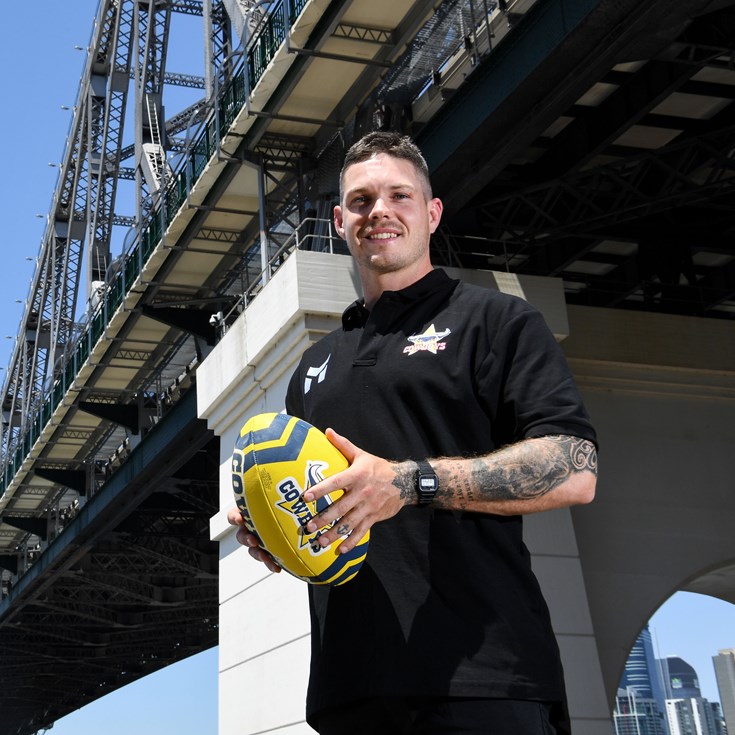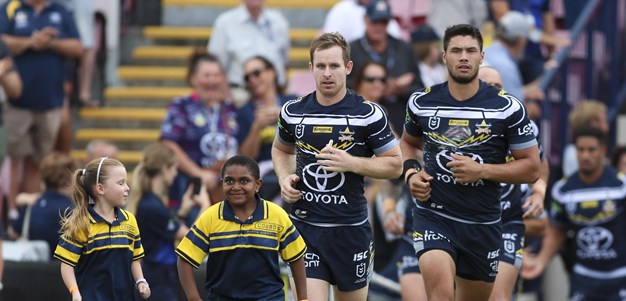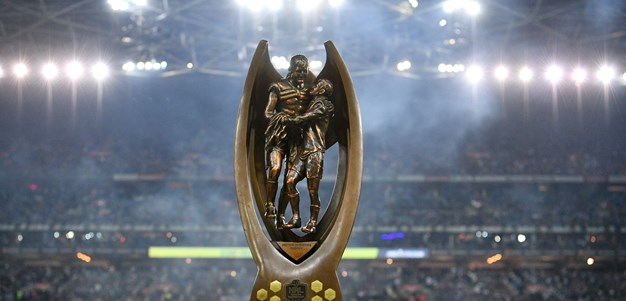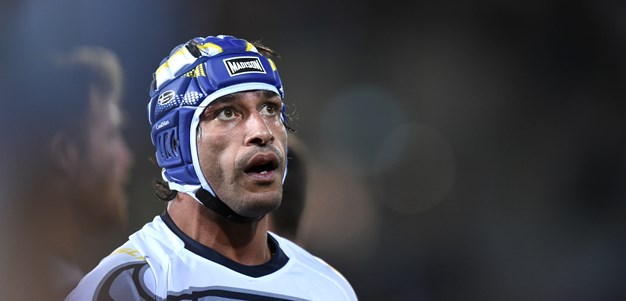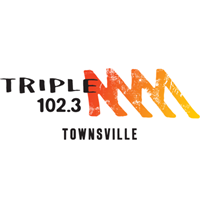NRL head of football Graham Annesley has proposed rule changes to reduce the number of contentious calls in games as he defended match officials against criticism over decisions last weekend and in State of Origin.
Annesley told reporters at his weekly briefing on Monday that the scrutiny of decisions in round 17 matches had been unwarranted and he reaffirmed his belief that the high number of first-half penalties in last Wednesday night's Origin series decider contributed to the game's thrilling finish.
However, he said there were some areas of the game that were difficult to adjudicate – such as double-movements and mid-air knock-ons during contests between opposing players for kicks – and suggested that rule changes be considered to make it simpler.
"At the end of the year we have got the Competition Committee meeting again and one of things that I think we need to spend a fair bit of time on is examining our current rules and whether we can actually make the game easier to officiate," Annesley said.
The NRL's decision to scrap the corner post as an extension of the in-goal area in 2010 has resulted in spectacular tries being scored on a regular basis which would not have been attempted in the past and Annesley said other rules changes could have a similar effect.
Penrith score their second as the Titans fail to diffuse bomb
"It used to be that every time you brushed the corner post it was no try, and it didn't matter what angle the corner post was on – whether it was leaning in or leaning out if you touched the corner post it was no try," Annesley said.
"We took the corner post out of play and now we see some fantastic athleticism with players scoring fabulous tries, and it has really been a great addition to the game and the way the game is presented."
He cited the example of the try awarded to Canterbury winger Reimis Smith in last Friday night's 20-14 defeat of Newcastle that required officials in the Bunker to study various camera angles in freeze-frame to determine if the ball had been knocked into Hymel Hunt as the pair contested a kick.
"Both players go up for the ball and it becomes a game of millimetres trying to distil whether the ball touches one player's hand and goes into another player's hand and that constitutes a knock on," Annesley said.
"There is a case for us to say 'does that really matter in a contest for the ball?' If two players go up for a ball and someone comes down with the ball, whether it be a defender or an attacker, does it really matter?"
Bunker awards try to Smith
Annesley stressed that he wasn't proposing any specific rule changes but said that double-movement was another contentious area that could be reviewed.
"We spend a lot of time trying to determine 'did momentum carry a player into the in-goal area'. His arm might have lifted but did it advance the ball. We spend a lot of time looking at that," Annesley said. "In some other sports it doesn't matter, if you get the ball over the goal line it is a try.
"They are just examples and are not necessary on the agenda, but I think it is worthy of a discussion if it is going to make it easier for the officials to make decisions."
Annesley said a review of controversial weekend incidents confirmed the try to Smith, while referee Grant Atkins had been correct in awarding a try to Manly five-eighth Cade Cust after Moses Suli juggled the ball, as a knock-on only occurs if it travels forward into another player or the goal posts.
Manly play hot potato for the opener
A disallowed try to Cust was also the right call, but a touch judge had failed to detect Parramatta winger Blake Ferguson glancing the touchline with his foot as he passed infield before a Wests Tigers knock-on that resulted in an Eels scrum-feed.
Parramatta scored in the next set after the scrum but Annesley said officials in the Bunker were unable to become involved as the incident did not occur in the tackle directly leading up to the try.
Annesley said that just because some calls were contentious it didn't mean they were wrong and he believed the criticism of match officials last weekend and in Origin III stemmed from poor decisions during the previous two rounds.
"Whilst everyone is entitled to their opinion I have to be fair and I have to push back on some of these things where I think it is warranted about some of these incidents," he said.
"I wouldn't call it whinging, I would call it passion but I do think some of the discussion around these things does generate a life of its own.
"There are a lot of close calls that referees need to make during the course of a game. At times they will get them wrong and over the past couple of weeks we have had to put our hands up and admit that there have been a number of errors.
"We can disagree about these things but I don't think they are absolutely and category wrong, and where we have the opportunity to defend the performance of the match officials we will do that."

